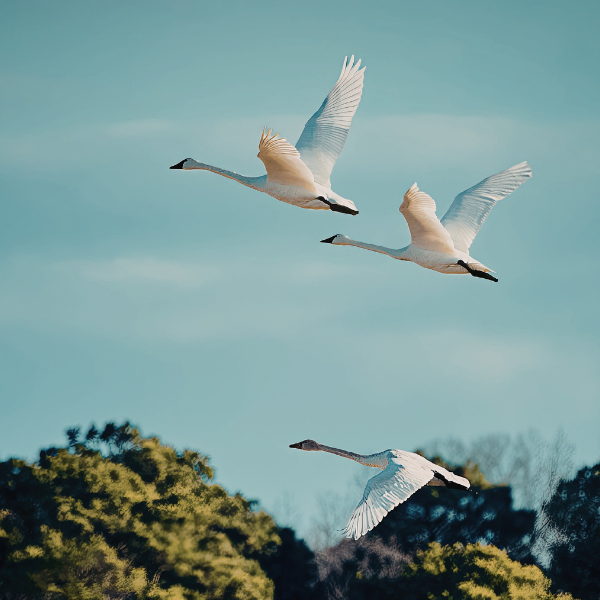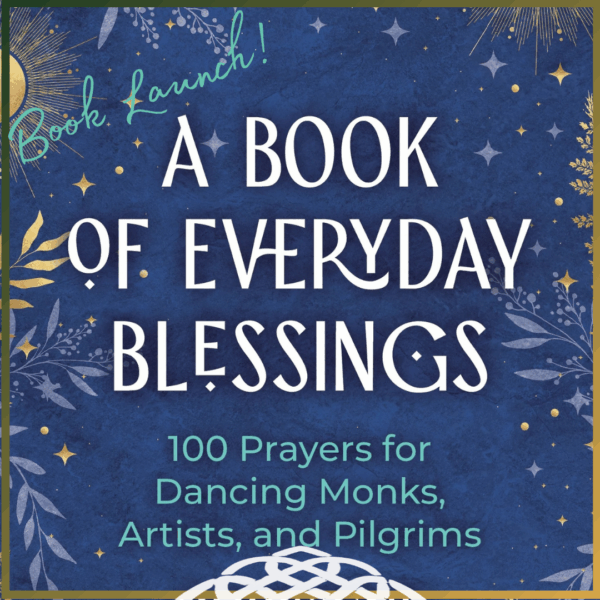John and I are leading a pilgrimage in Ireland this week, so we offer another jewel for you from the Abbey Archives:
Dearest monks, artists, and pilgrims,
I was sitting in St. Ephrem, a small Orthodox stone church near the Sorbonne in Paris, listening to the sublime solo suites for cello by Johann Sebastian Bach. The young man playing did not have sheet music; he knew this entire piece by heart. His eyes were closed as he stretched the bow back and forth in a kind of dance, his whole body was alert and engaged in this act of offering to the gathered crowd.
I was struck there in the middle of the piece by the awareness that he had spent likely thousands of hours practicing so that this moment he could offer his gift so freely to us. At one time, there was not such ease, and he was not able to yet play by heart. Hours upon hours were spent with attentive practice, showing up to the instrument and to his own longing to let music emerge from it. His holding of the bow and drawing it across the strings, the careful placement of his fingers that had now become a kinesthetic memory, developing the proper rhythm and tempo, even his punctuated breaths at the moments of pause were in some measure learned over time, practiced.
I imagine the many events of his life that could have called his attention away from his practice. Perhaps the death of a parent, the shattering of a love relationship, his own struggle with illness, or just the daily ache of living. And somehow he kept showing up to the practice.
And then there was the moment he sat down to play and the sheet music remained closed, as did his eyes, and his entire body remembered what he had practiced again and again. He suddenly found ease and flow and no longer had to labor to get things just right, he no longer had to engage in such a painstaking and attentive way. He could lose himself in the music. He became the instrument through which the cello could sing.
Certainly the next time he learns a new piece, the process will be similar, building on the foundation of skills, he will have to live his way into the practice, showing up day after day.
And so it is with us. We set out to cultivate a spiritual practice, perhaps longing for the serenity of a monk or the peace of a wise elder we have met or known. We perhaps forget the thousands of hours of practice and discipline necessary to have learned by heart this way of being in the world. We sometimes expect our prayer to flow with ease, when first we must labor again and again to integrate this knowing into our body, to come to know by heart the stillness that is our birthright.
First we must show up to the instrument of our lives and cultivate the practice, drawing the bow of our longing across the strings, being attentive to the notes we play. Each movement and breath becomes the opportunity for our awareness, each thought that arises in service to our desire or more often, in competition with it.
When we are interrupted, overwhelmed, or unsettled do we choose to wait until the circumstances of our life are better or do we recognize that this is the practice, showing up right in the midst of distractions? Letting life itself be the focus of our attention. Are we always waiting until tomorrow or next week when this challenging period is done?
The cellist shows up to practice each day, knowing that is the only way for the fluid beauty to emerge. Every writer and artist knows this deep down. To be a writer you must write, nothing more. To be an artist you must allow time for creating. And what about us and the sacred art of living? To be a spiritual person, you must show up to the inner silence and the inner noise again and again, wherever it shows itself.
Why do we postpone the labor so as to never allow ourselves to reach the place of uninhibited grace? Of shimmering equanimity? Resolutions and good intentions are meaningless. Practice is everything. Life is the practice. When we show up again and again we may find one day that we have become the instrument through which our lives can sing.
With great and growing love,
Christine
Photo and reflection © Christine Valters Paintner




One Response
This is a BEAUTIFUL post………..thank you from the bottom of my heart.